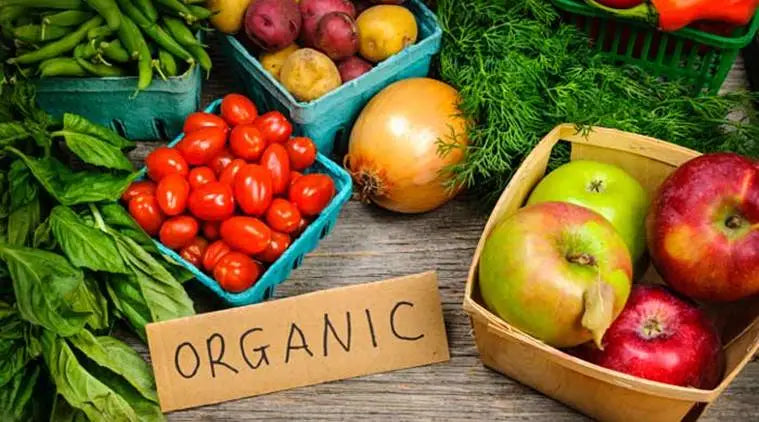
What Are Examples of Organic Vegetables?
Share
Organic vegetables are those grown without the use of synthetic pesticides, fertilizers, or genetically modified organisms (GMOs). They represent a healthier choice for our bodies and the planet. The demand for organic produce has surged as consumers become more health-conscious and environmentally aware.
What Makes Vegetables Organic?
Certification Process
For vegetables to be labeled organic, they must undergo a rigorous certification process. This ensures they meet the strict standards set for organic farming, including soil quality, animal raising practices, pest and weed control, and the use of additives.
Benefits of Organic Farming
Organic farming offers numerous benefits, including reduced pollution and pesticide exposure, improved soil fertility, and a smaller carbon footprint. For consumers, eating organic means ingesting fewer pesticides and potentially benefiting from higher nutrient levels in their food.
Examples of Organic Vegetables
Leafy Greens
Leafy greens are a staple in the organic vegetable world. Spinach and kale, in particular, are popular for their nutritional benefits and versatility in cooking.
Spinach is rich in iron and vitamins A, C, and K. It's a versatile vegetable that can be eaten raw or cooked. Kale is another nutrient powerhouse, packed with vitamins, minerals, and antioxidants.
Root Vegetables
Root vegetables like carrots and beets are also commonly grown organically. Carrots are known for their high vitamin A content, beneficial for eye health. Beets are loaded with fiber, folate, and manganese, and can help lower blood pressure.
Nightshades
Organic nightshades, such as tomatoes and peppers, are popular for their health benefits and flavor. Tomatoes are a great source of vitamins C and K, potassium, and folate. Peppers vary in heat but are generally rich in vitamins A and C.
Legumes
Legumes like peas and green beans are often found in organic gardens. Peas are high in protein and fiber, making them a great addition to any diet. Green beans are packed with vitamins A, C, and K, and are a crunchy, flavorful side dish.
Choosing Organic Vegetables
When shopping for organic vegetables, look for the USDA organic label, which confirms the produce meets national organic standards. Also, consider shopping at local farmers' markets for fresh, seasonal organic produce.
Cooking with Organic Vegetables
To retain the nutritional value of organic vegetables, it's best to cook them minimally. Steaming, sautéing, or roasting can enhance flavors without losing too many nutrients.
Conclusion
Choosing organic vegetables is a step towards a healthier lifestyle and a more sustainable world. By opting for organic, you're not only avoiding pesticides but also supporting farming practices that benefit the environment.
FAQs
-
Why are organic vegetables more expensive? Organic farming practices are often more labor-intensive and yield less produce than conventional farming, leading to higher prices.
-
Can I trust the organic label on vegetables? Yes, the USDA organic label is backed by a certification process that ensures produce meets strict organic standards.
-
Are organic vegetables more nutritious? Some studies suggest organic vegetables may have higher levels of certain nutrients, but more research is needed.
-
How can I make organic vegetables more affordable? Buying in season, shopping at farmers' markets, or joining a CSA (Community Supported Agriculture) can make organic produce more budget-friendly.
-
Can washing conventional vegetables remove pesticides? Washing can reduce pesticide residues but may not eliminate them entirely. Peeling is another option, though it also removes beneficial nutrients.